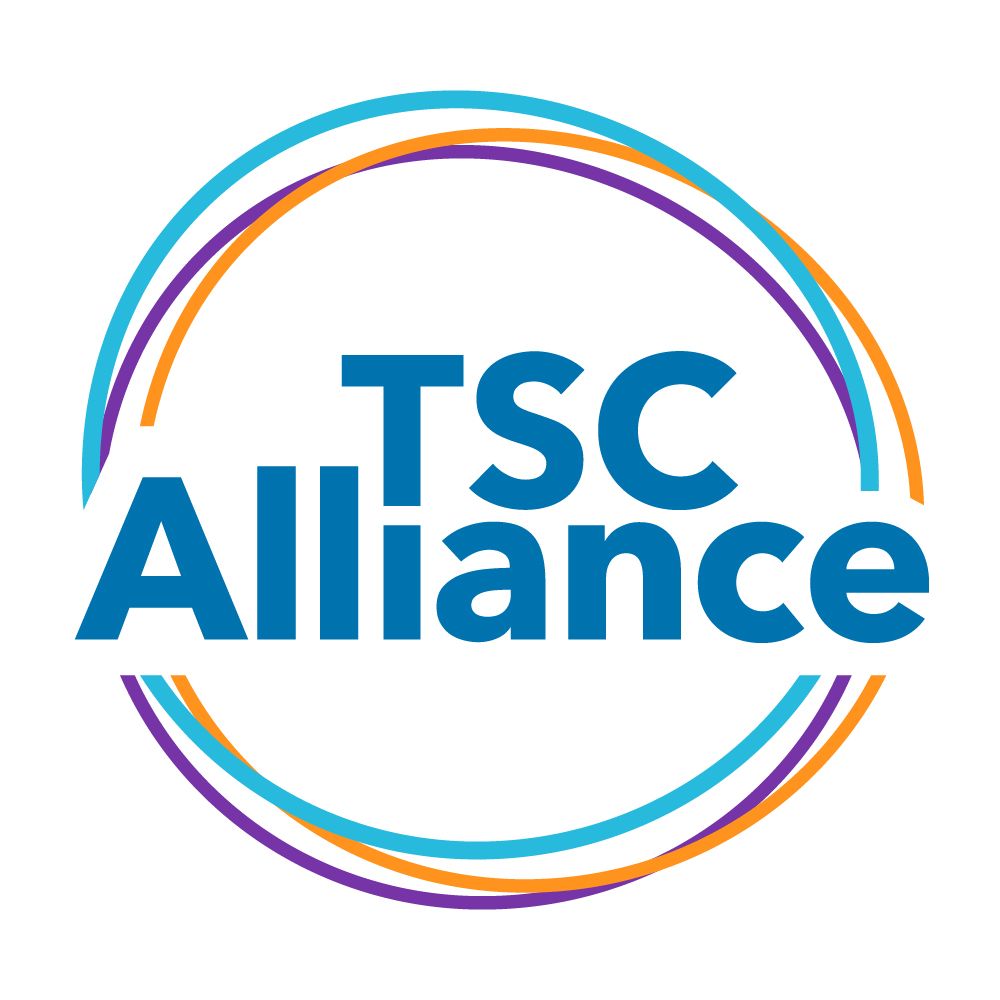
TSC Alliance® Highlights Awareness for Purple Day 2024

Purple Day 2024 allows the TSC Alliance to highlight the importance of epilepsy awareness since tuberous sclerosis complex (TSC) is the leading genetic cause of seizures.
TSC is a rare disease that causes tubers, or non-cancerous tumors, to form in vital organs, including the brain. One of the most common neurological features of TSC are seizures, which occur in more than 80% of individuals with the disease. The origin of the seizures is usually from brain regions adjacent to tubers.
In some cases for people with TSC, seizures can start as early as infancy with the diagnosis of infantile spasms. In other cases, seizures may develop in adolescence or adulthood and can include focal onset and generalized seizures. There are various types of seizures which can occur, and it is critically important that seizures are treated and monitored. Standards of care, including medications, to treat seizures are not successful for every individual. Up to two thirds of individuals with TSC will have intractable epilepsy, meaning their seizures do not respond favorably to standard anti-seizure medications.
Many TSC individuals will face the onset of seizures before the age of 3. It is not uncommon for individuals to develop new seizures or to experience a return of seizures after being well controlled for long periods of time. Some individuals with TSC, who did not have seizures as children, could begin having seizures as adults. Generally, the seizure type(s) experienced by adults with TSC will be more easily treated with anti-seizure medications than childhood-onset seizures.
People with TSC have many treatment options for epilepsy, including anti-seizure medications, the vagus nerve stimulator, responsive neurostimulation, surgery and dietary therapies. Several new anti-seizure medications have become available in recent years, and these drugs along with older medications control the seizures for many individuals. Unfortunately, for some individuals with TSC, their seizure activity proves intractable or refractory, which means that, despite appropriate use of medications, they continue to have seizures. In these cases, other therapeutic options should be considered.
On Purple Day, the TSC Alliance stresses the importance of early diagnosis to help ensure the best outcomes, regardless of age. To learn more about TSC, visit
Newsletter
Keep your finger on the pulse of neurology—subscribe to NeurologyLive for expert interviews, new data, and breakthrough treatment updates.










